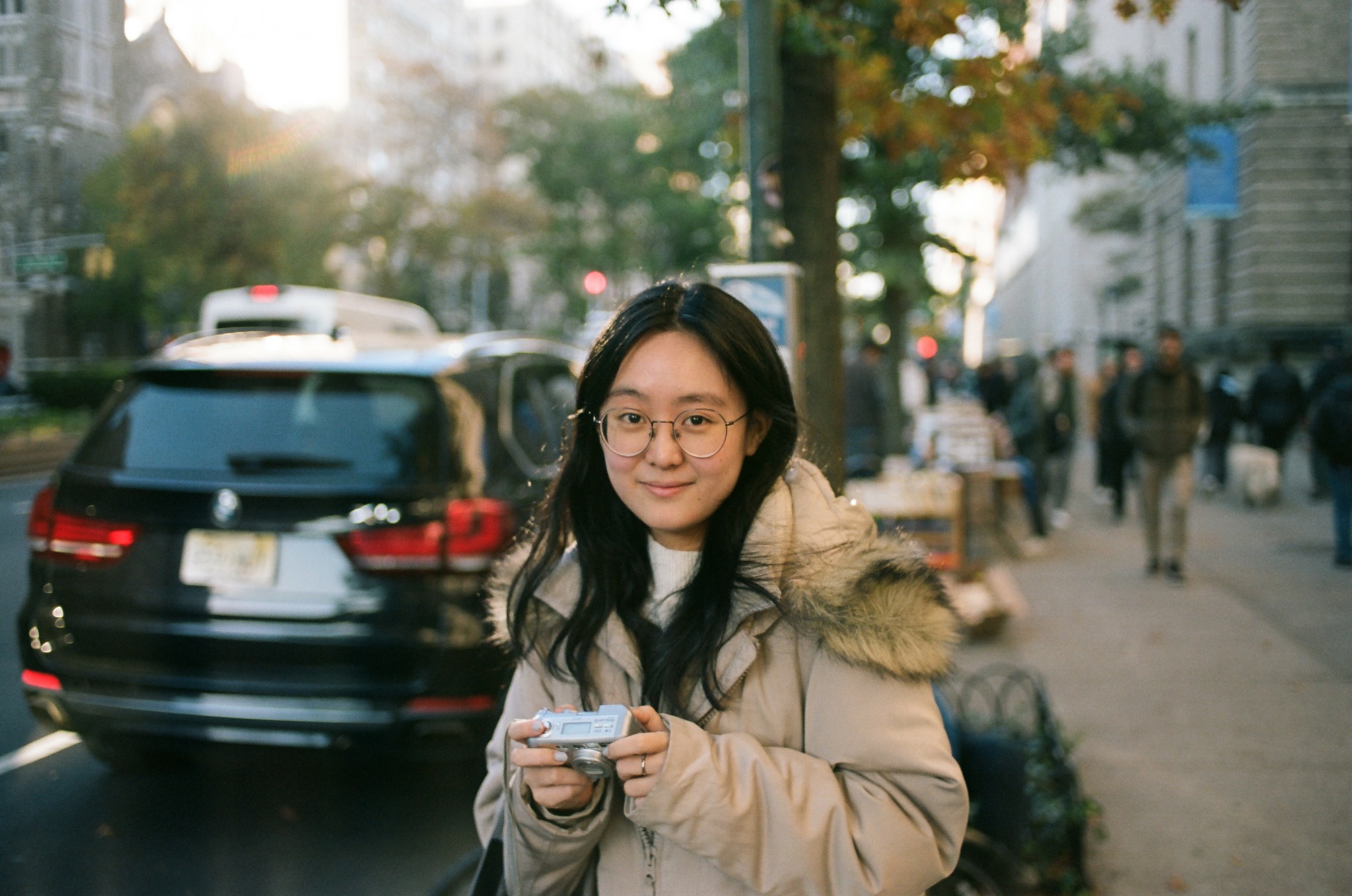We were lucky to catch up with Wenting Gao recently and have shared our conversation below.
Alright, Wenting thanks for taking the time to share your stories and insights with us today. We’d love to hear about a project that you’ve worked on that’s meant a lot to you.
I grew up in different cities, with moving being the constant theme of my life. I was born in Paris, France, moved to China at the age of five, lived in four different cities there, and eventually came to New York for graduate school. Because of this, my work doesn’t have a strong regional identity, but one recurring theme remains—being a stranger in a foreign place. I have always been drawn to stories about people who feel out of place, about fleeting connections between strangers and the unexpected impact they leave on each other’s lives.
The most meaningful project I’ve worked on is Crossing Tracks, a short film I shot in Manhattan in 2023 during my second year of graduate school. It wasn’t a large production, but it was deeply personal to me. The story follows a struggling writer who obsessively tracks her neighbor’s life as inspiration for her work. As she becomes more involved in her subject’s world, she ultimately realizes the stark contrast between the story she has constructed and reality.
By that time, I had already been in New York for two years, but my demanding coursework kept me confined to a routine between school and my dorm. The only times I truly stepped outside were for film shoots. I often felt like I was living in a virtual version of the city, detached from its reality. The one thing I was most familiar with, however, was the subway—these crisscrossing lines that connect the entire city, where countless lives intersect daily without ever truly meeting. That thought sparked an idea: Why not make a film set in the subway? It’s a space brimming with dramatic potential, where anything can happen.
From that starting point, I began shaping the story, incorporating a character inspired by a homeless man I passed every day. The film became my way of expressing my unique perspective on New York. As someone who has always known I would eventually leave, this story became my personal letter to the city. All the moments of joy, frustration, and loneliness I experienced here are distilled into these fourteen minutes. At the time, I thought, this might be my last chance to make a film in New York.
Currently, Crossing Tracks is in post-production. We’re dedicating a lot of effort to sound design and music to capture the city’s distinctive sense of isolation—its loneliness, its energy, and the feeling of being surrounded yet disconnected. This shoot was my farewell to New York. Though every day in this city felt like a constant rush—moving from place to place without ever truly stopping—I know that the years I spent here as a graduate student will be something I cherish for a lifetime.
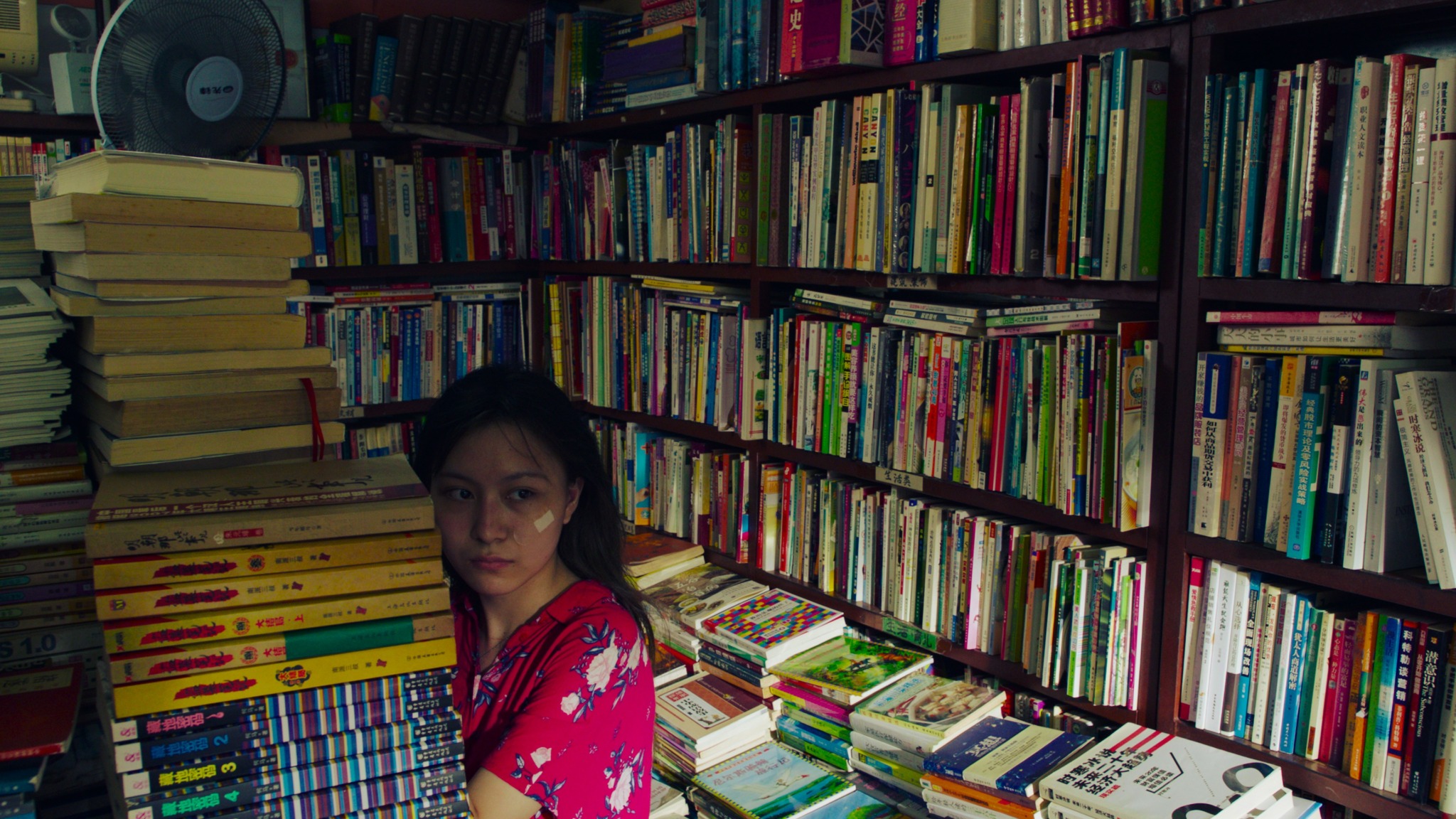
As always, we appreciate you sharing your insights and we’ve got a few more questions for you, but before we get to all of that can you take a minute to introduce yourself and give our readers some of your back background and context?
I’m Emily Wenting Gao, an independent screenwriter and director born in Paris and raised in China. My upbringing across multiple cities has deeply influenced my creative voice. I’m particularly drawn to exploring individual emotions and experiences, aiming to break through group narratives and delve into the personal, inner worlds of my characters. My work tells the stories of individuals who may feel lonely, lost, yet are constantly seeking connection.
Since 2020, I’ve directed several short films, with my debut project Summer Attic earning recognition at the International Short Film Berlin. During my MFA studies at Columbia University, I’ve written and directed multiple short films, with my thesis film currently in pre-production.
What sets my work apart is not only my deep engagement with the emotional landscapes of my characters but also my ability to craft stories that transcend media. I believe that narrative is a universal skill—one that is essential not just in film and television, but in novels, video games, and other cultural forms as well. My ability to tell compelling stories allows me to work across these different mediums, ensuring that my work resonates with diverse audiences in unique ways.
As a creator, I believe that good narrative is crucial to all cultural industries, whether it’s through the immersive experience of a game, the emotional depth of a film, or the world-building of a novel. I’m especially proud of my ability to weave complex emotional stories that connect people across different backgrounds and experiences.
For me, storytelling is about more than just entertainment; it’s about creating lasting connections and sparking meaningful conversations. I hope my work not only evokes emotional responses but also prompts reflections on individual experiences, loneliness, and the complexity of human relationships. Moving forward, I’m excited to continue expanding my narrative work across various forms, pushing the boundaries of storytelling to connect with new audiences and create impactful cultural experiences.
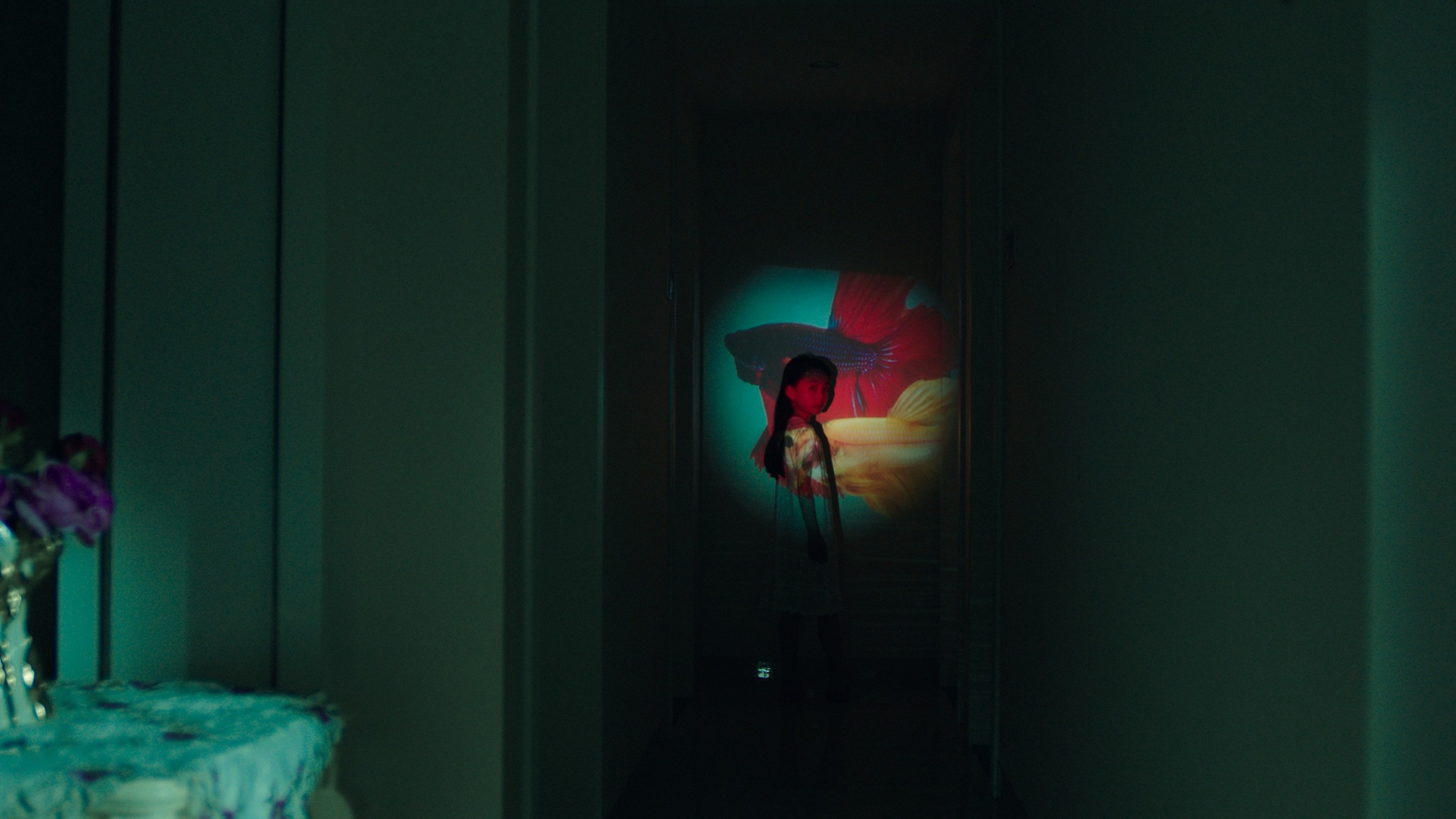
We’d love to hear the story of how you built up your social media audience?
For artists, establishing a personal website or social media presence has become increasingly necessary in modern society, as we live in an era where people acquire knowledge primarily through the internet. I completely understand how many artists feel troubled by this at the beginning, as if they are marketing themselves as a product, or feel that their work cannot simply be presented on a webpage. They may worry that this undermines the complexity of their work or fear that others might misunderstand them.
However, over my four years of filmmaking, I gradually came to understand the importance of presenting myself. Most of my collaborators are people I connected with by browsing their websites or social media. The internet has enabled artists who would otherwise be out of reach to connect, providing more opportunities for collaboration. Therefore, I started building my personal website in July of last year. Honestly, it wasn’t as difficult as I had imagined. My advice is: express yourself sincerely, and don’t judge or criticize your work too harshly. No matter how early your work is, or how lost you may feel, it’s important to write about your creative intentions and showcase your art—whether it’s a film link, still frames, or script ideas (of course, you need to protect your copyright first). Approach your website the same way you approach your artwork. It should be personal, reflecting your unique style, and it doesn’t need to follow any specific rules. Most importantly, the theme of “who you are” should run through the entire page.
At first, maybe no one will visit, but when you encounter a potential collaborator and want them to quickly understand you, a personal website is the fastest and lowest-cost way to introduce yourself. It can expand your network and help you step out of your own space, so you no longer feel like no one is looking at your work. The process of building a website allows you to organize your past works, giving you a comprehensive understanding of your portfolio and providing the chance to reflect on your strengths and areas for improvement. For many artists, the idea of creating a website may seem daunting, but in reality, there are many web design tools that allow you to create a site without needing any coding skills. All you need to do is start, and once you do, you’ll be pleasantly surprised by the positive impact a personal website can have. Don’t resist presenting yourself—trust that through this process, you will connect with people who understand and appreciate your work, giving them the opportunity to discover who you are.
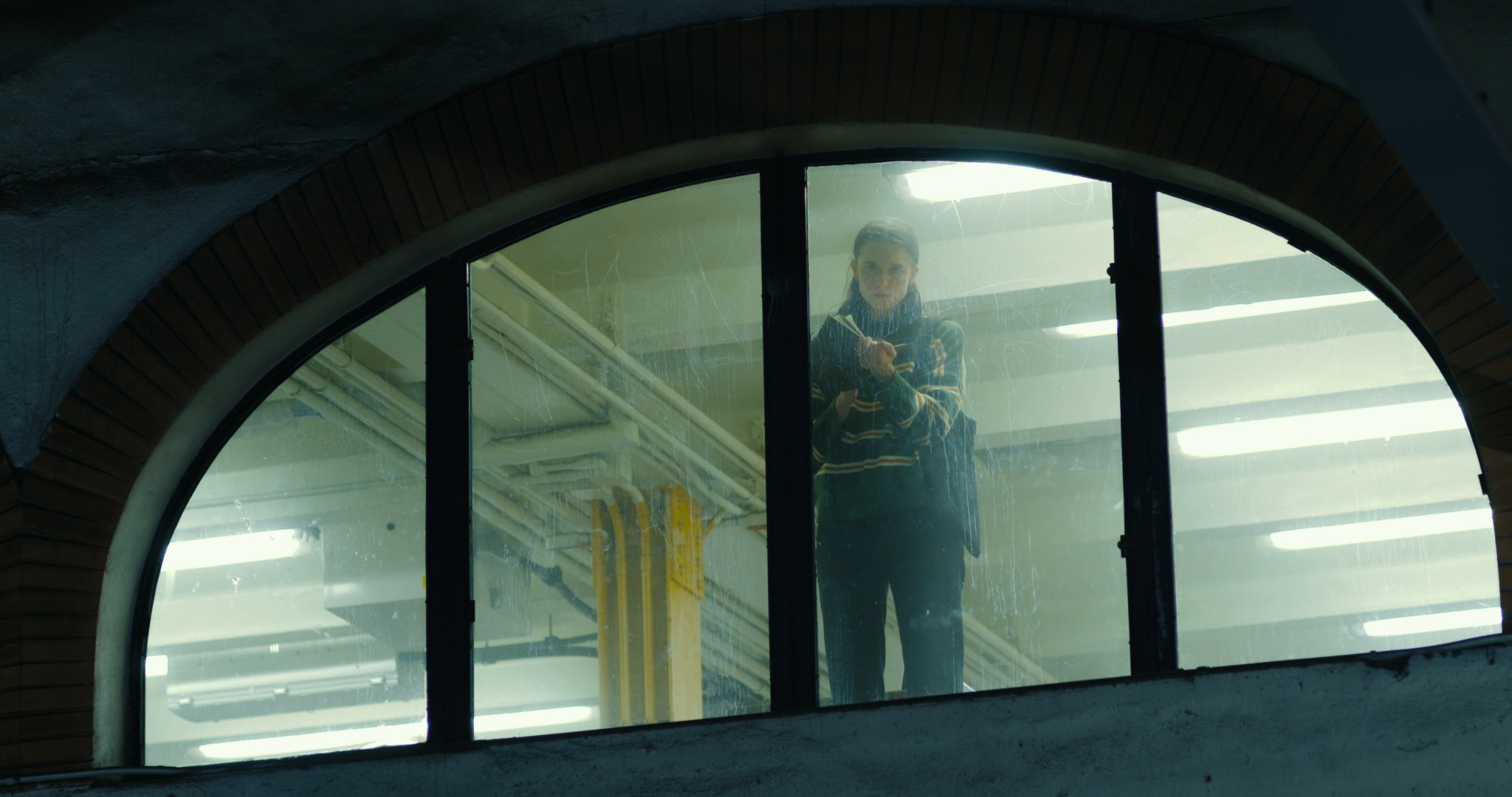
For you, what’s the most rewarding aspect of being a creative?
For me, the most rewarding aspect of being an artist or creative is the ability to turn the chaotic, unordered thoughts and emotions of everyday life into coherent expressions. Creating art allows me to make sense of my inner world and transform personal experiences into something that can connect with others. What I find particularly fulfilling is that my experiences, which once solely impacted me, can now reach others and potentially influence them.
Art has the power to make life feel full of possibilities. Every experience, no matter how small or seemingly insignificant, has the potential to become spiritual nourishment. I believe that everyone is an artist in their own way, and that each person’s thoughts have value and meaning. The most fortunate part of being an artist, for me, is that I get to turn the things I have already spent so much time thinking about into my work. It’s incredibly fulfilling to know that these reflections, which are so personal, can become my career and my passion. This is what brings me the most happiness—being able to turn my inner world into something that resonates with others.
Contact Info:
- Website: https://emilygaowenting.com/
- Instagram: https://www.instagram.com/petrichor_em
- Linkedin: https://www.linkedin.com/in/emily-wenting-gao-b55734299/
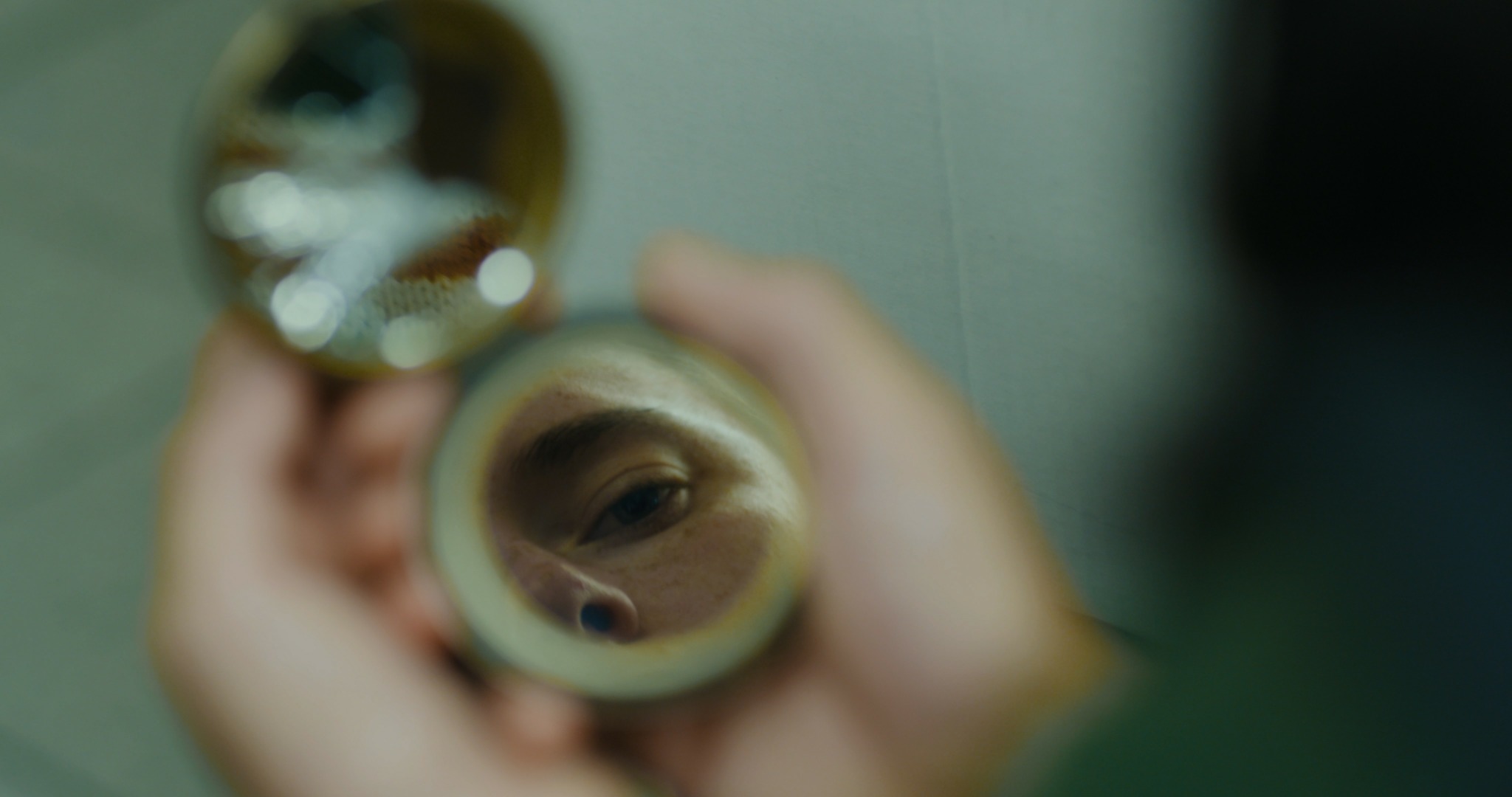
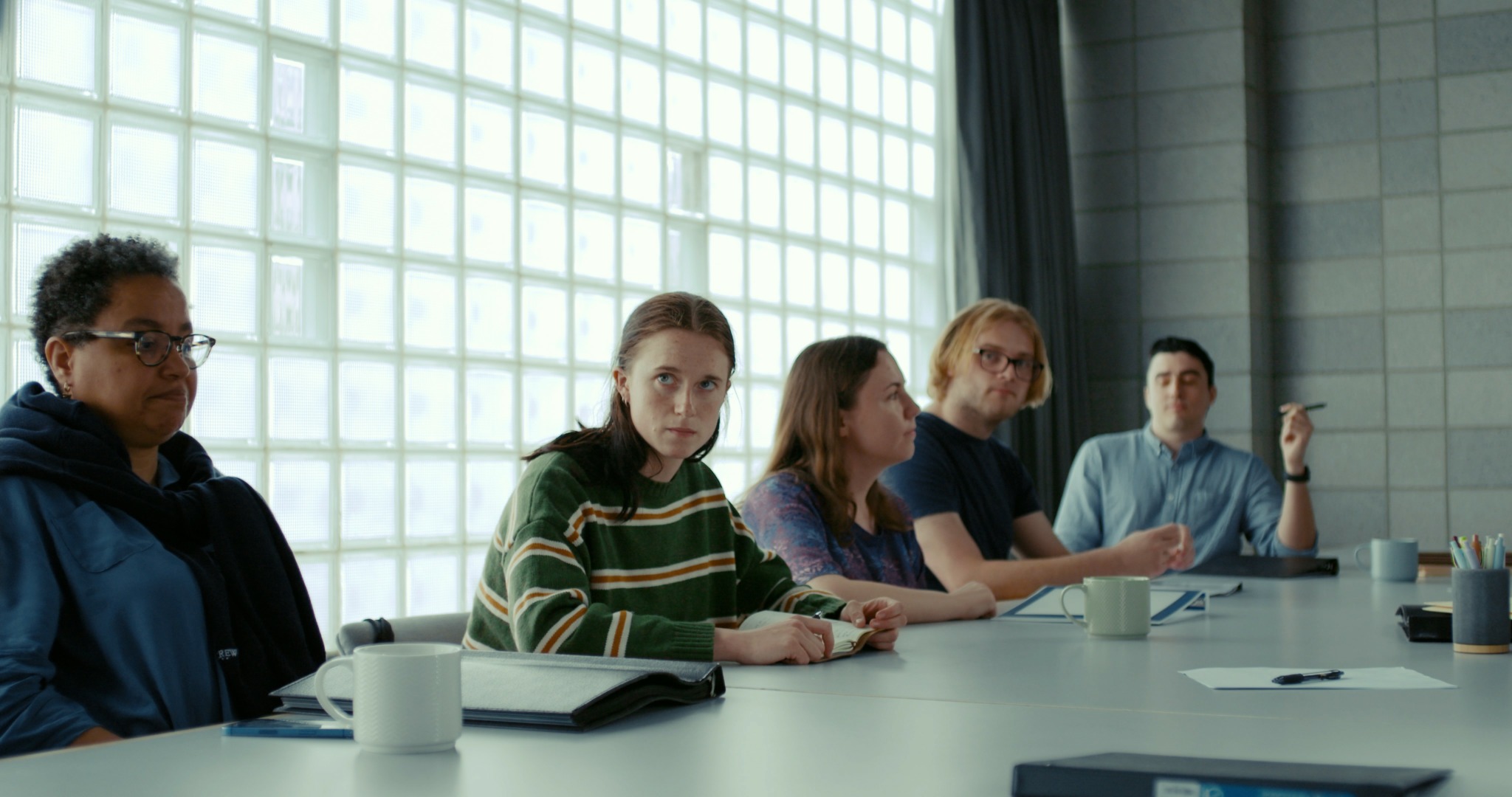
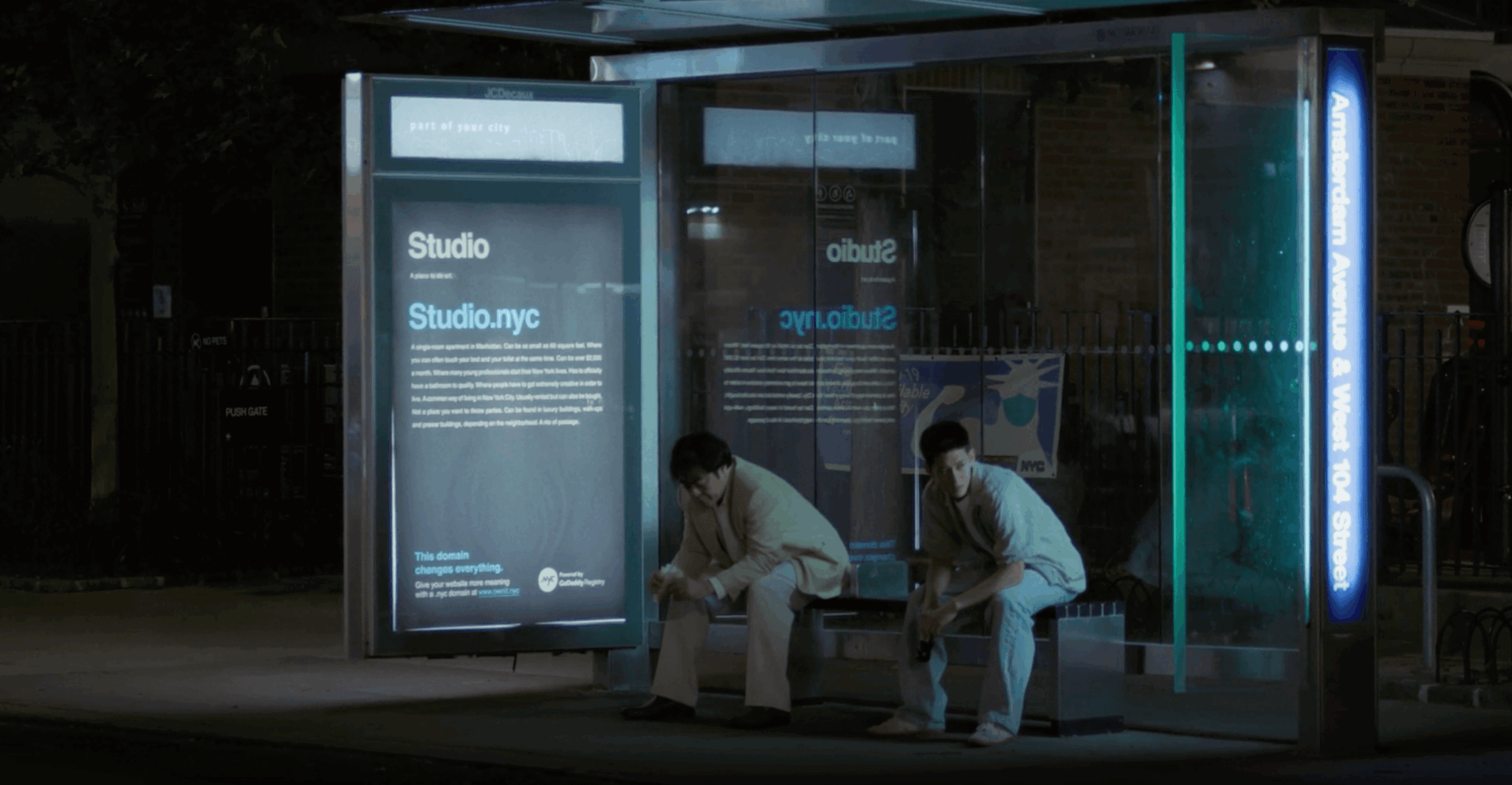
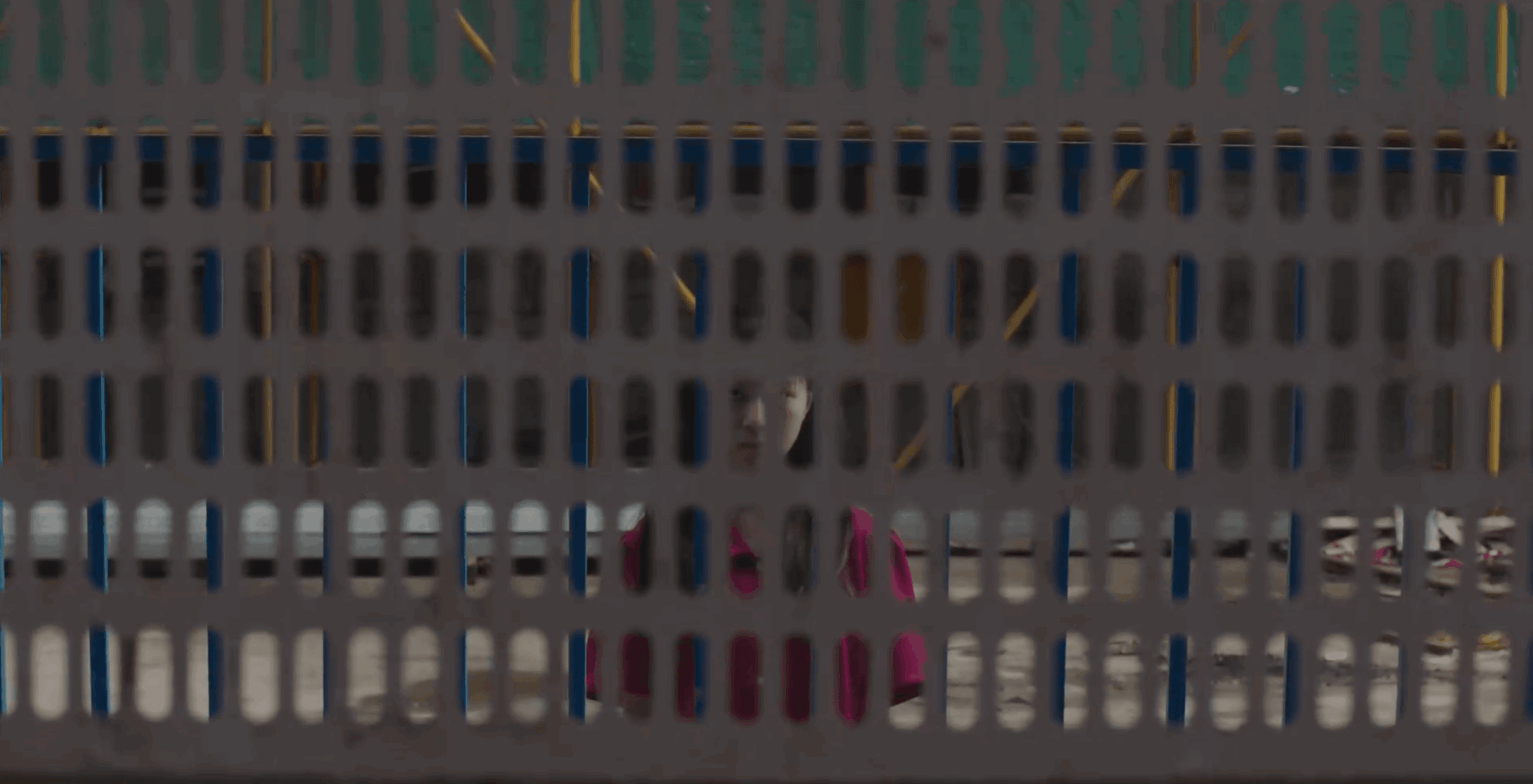
Image Credits
FIlm Stills


